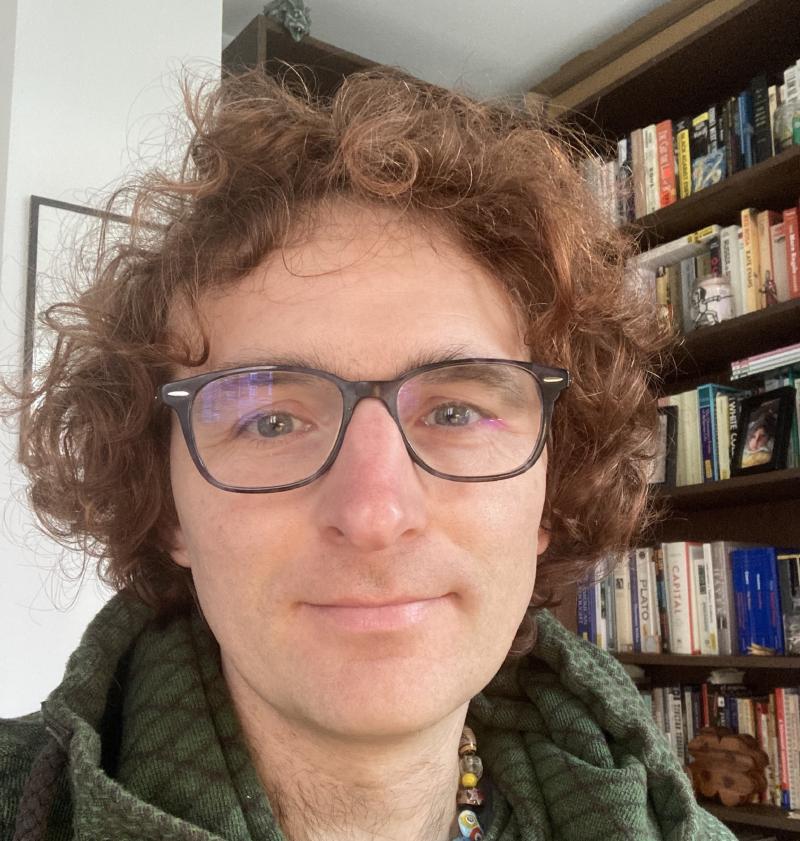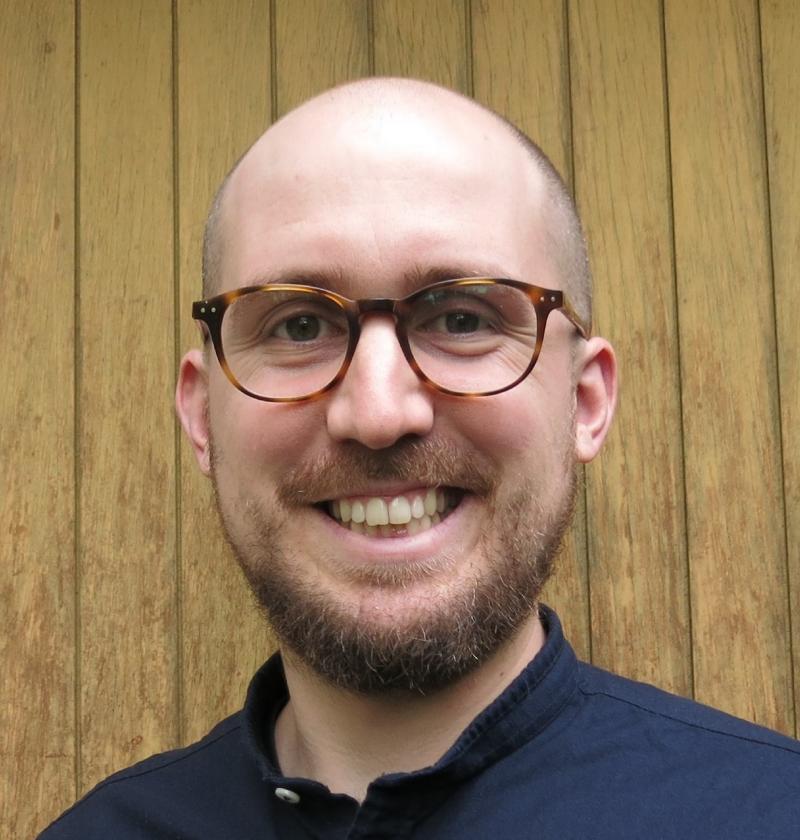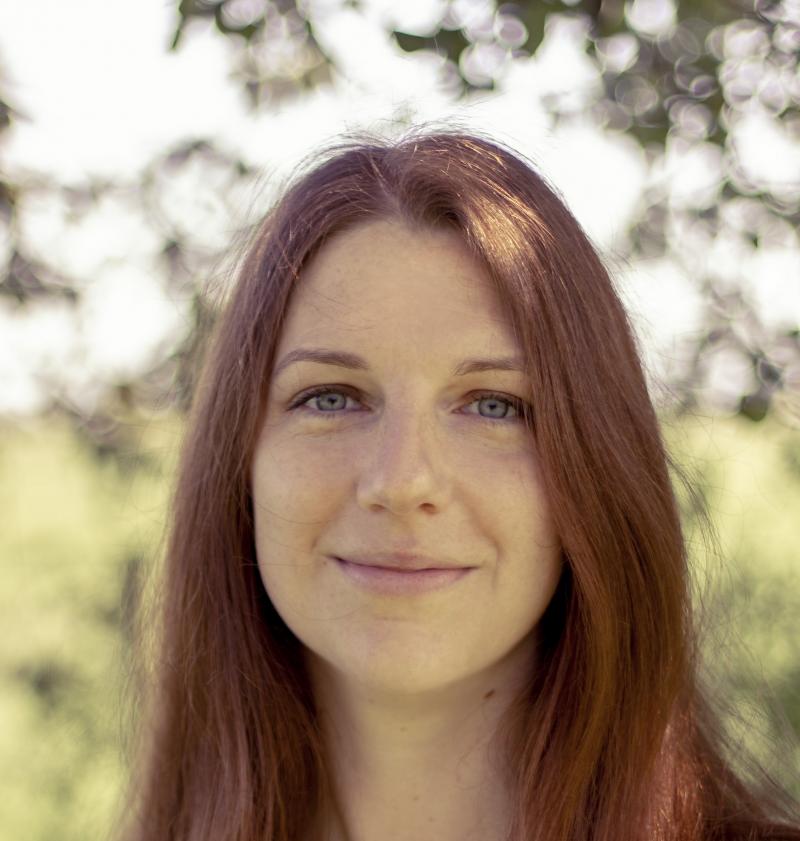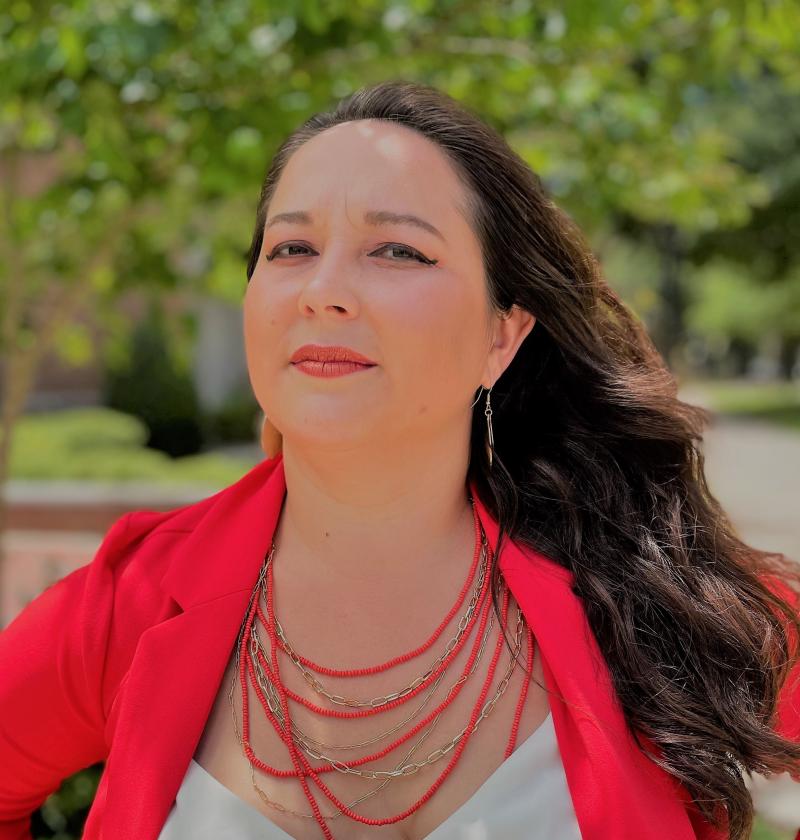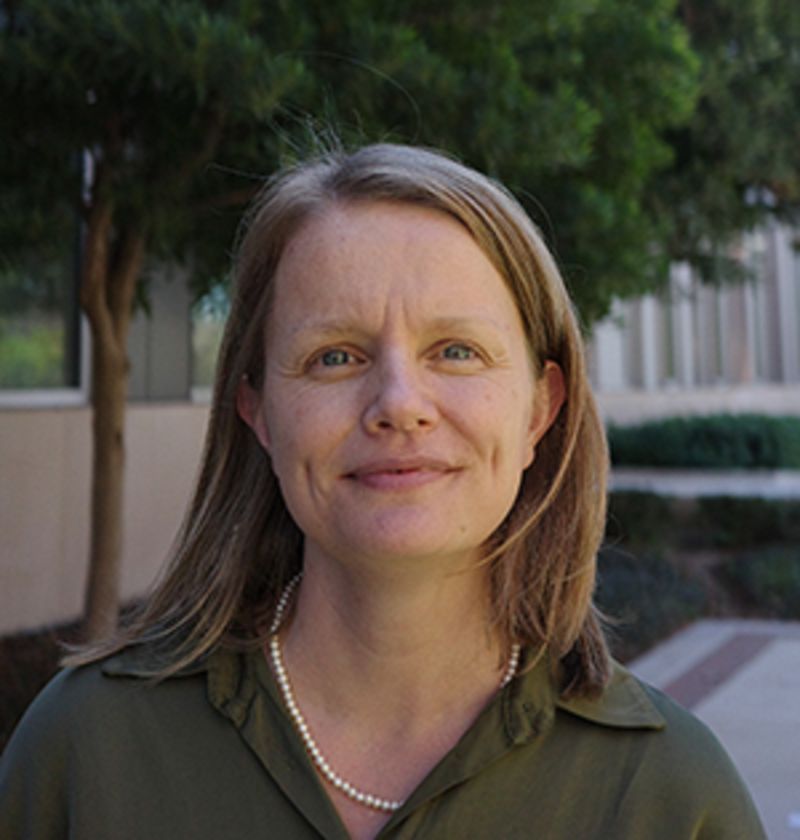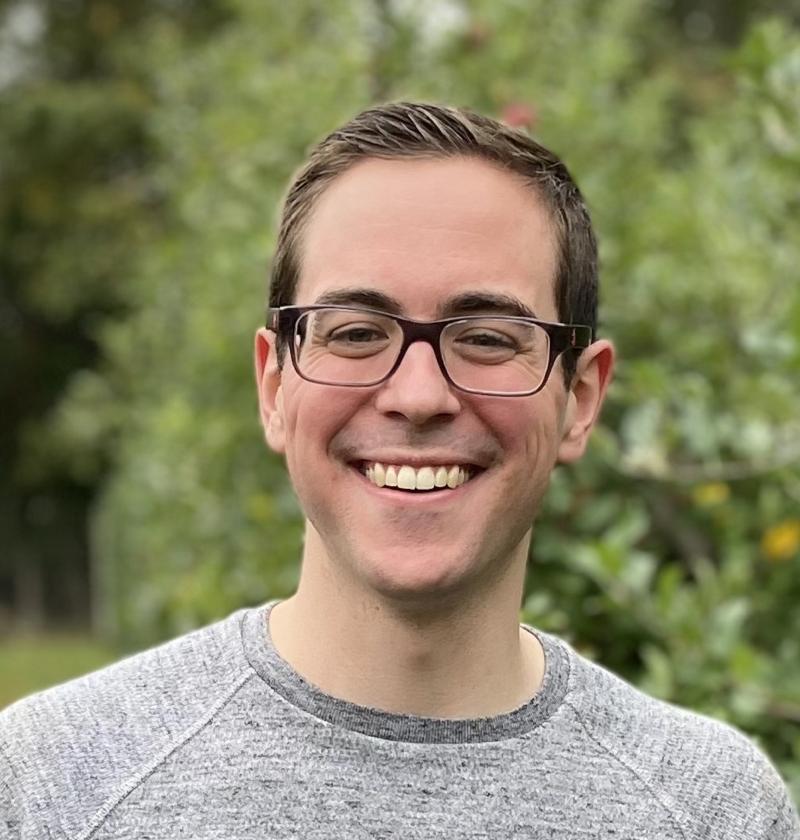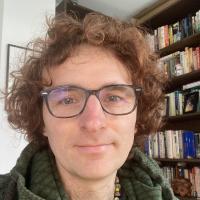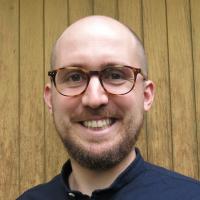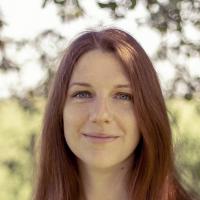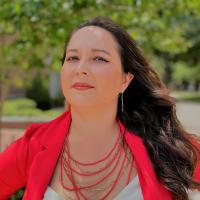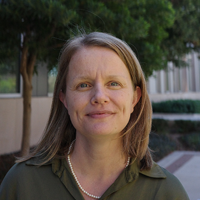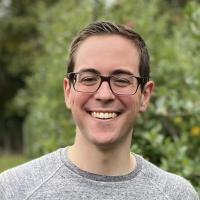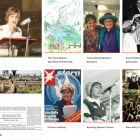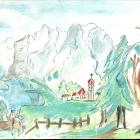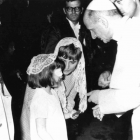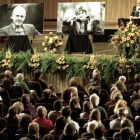About the Exhibition
Petra Kelly, social activist, cofounder of the West German Green Party (hereafter referred to by the German name Die Grünen; “Greens” with a capital G refers to members of the party), and recipient of the Right Livelihood Award (often called the “Alternative Nobel Prize”), has been the subject of renascent popular interest. A recent novel has dramatized her life, she features prominently in histories and documentary films, and she has also become an important figure for ecological activists in many parts of the world.
Were she still alive, Kelly would have turned 75 in November 2022, and the Rachel Carson Center for Environment and Society (RCC) took the anniversary of her birthday as an opportunity to hold a conference focused on Kelly’s life and legacy. In addition to the RCC, the conference was supported by the German Research Foundation (Deutsche Forschungsgemeinschaft), Project House Europe, the Lasky Center for Transatlantic Studies, and the Elisabeth Schwarzhaupt Foundation (Elisabeth Schwarzhaupt Stiftung). The conference also featured an accompanying program that included a film screening and the release of a graphic novel. Those events received support from the Heinrich Böll Foundation (Heinrich Böll Stiftung) and the Petra Kelly Foundation (Petra Kelly Stiftung).
The conference’s mix of academic debate and discussions with Kelly’s contemporaries, as well as with artists and activists working with Kelly’s legacy today, prompted this virtual exhibition. It includes the research of several conference participants, some of which was supported by the DFG (project no. 423371999). In addition, the exhibition features a wide selection of visual and audio sources intended to bring Kelly’s life and her legacy to a broad audience. Anne Vechtel and Eva Sander of the Green Memory Archive (Archiv Grünes Gedächtnis) in Berlin, which houses Petra Kelly’s papers, worked tirelessly to find many of these sources and to identify rights holders. The Rachel Carson Center provided support for this process as well. We would especially like to thank the Environment and Society Portal team, including Pauline Kargruber, Jonatan Palmblad, and Brady Fauth, for their excellent editorial and technical support in realizing this virtual exhibition.
The Authors
Stephen Milder is an assistant professor of European politics and society at the University of Groningen and research fellow at the Rachel Carson Center for Environment and Society in Munich. He is the author of Greening Democracy: The Anti-Nuclear Movement and Political Environmentalism in West Germany and Beyond, 1968–1983 (Cambridge University Press, 2017). With support from the DFG (German Research Foundation), he is writing a history of the politicization of climate change and the transformation of post–Cold War Germany.
Andreas Jünger is a doctoral candidate at the Rachel Carson Center for Environment and Society in Munich. In his dissertation project, he studies the history of organic farming in Andalusia. He previously earned his BA from the University of Bonn, majoring in history and minoring in Romance studies, and graduated from the University of Münster with an MA in history focusing on nineteenth- and twentieth-century Latin American history. His current research interests include the past and present of organic farming, ecological movements, and green parties in the twentieth and twenty-first centuries, particularly in Spain, Germany, and Chile.
Katharina Scharf is a postdoctoral researcher at the University of Graz. She is currently working on her research project, “Environmental Women,” a biographically oriented environmental-history study from the perspective of women’s and gender history. She holds a PhD in history from the University of Salzburg. Her dissertation, Alpen zwischen Erschließung und Naturschutz: Tourismus in Salzburg und Savoyen 1860–1914 (The Alps between development and nature conservation: Tourism in Salzburg and Savoy, 1860–1914), was published in 2021. Katharina holds a master’s degree in history and a bachelor’s degree in German studies. Her research interests focus on women’s, gender, environmental, tourism, and regional history, and the history of National Socialism.
Amanda M. Nichols is a postdoctoral research fellow in the Environmental Studies Program at the University of California, Santa Barbara. Her primary research, which falls at the intersections of environmental history and religious and gender studies, focuses on the roles and contributions of women in the North American antinuclear movement. Using ethnographic research methods, her work contributes to the growing corpus of literature in intersectional environmentalism and religious studies that illuminates the contributions of women to environment-related, or environment-focused, social movements.
Friederike Bruehoefener is an associate professor in the School of Interdisciplinary Programs and Community Engagement at the University of Texas Rio Grande Valley, United States. She is the coeditor—together with Stephen Milder and Belinda Davis—of Rethinking Social Movements after ’68: Selves and Solidarities in West Germany and Beyond (Berghahn Books, 2022).
Adam J. Stone is a doctoral candidate in the Department of History at Rutgers University studying women’s transnational antinuclear and peace activism across the Cold War Eastern and Western blocs in the 1980s. His dissertation, “Women Citizen Activists and the End of the Cold War: Soviet Bloc and Western Transnational Connections, 1980–1989,” takes women’s activism as a primary lens of analysis to explore activists’ challenges to Cold War politics. His work has been supported by the University of Pittsburgh’s Summer Language Institute, the Society for Historians of American Foreign Relations (SHAFR), the Wilson Center, the University of Illinois Urbana-Champaign, and the Fulbright Institute of International Education.


